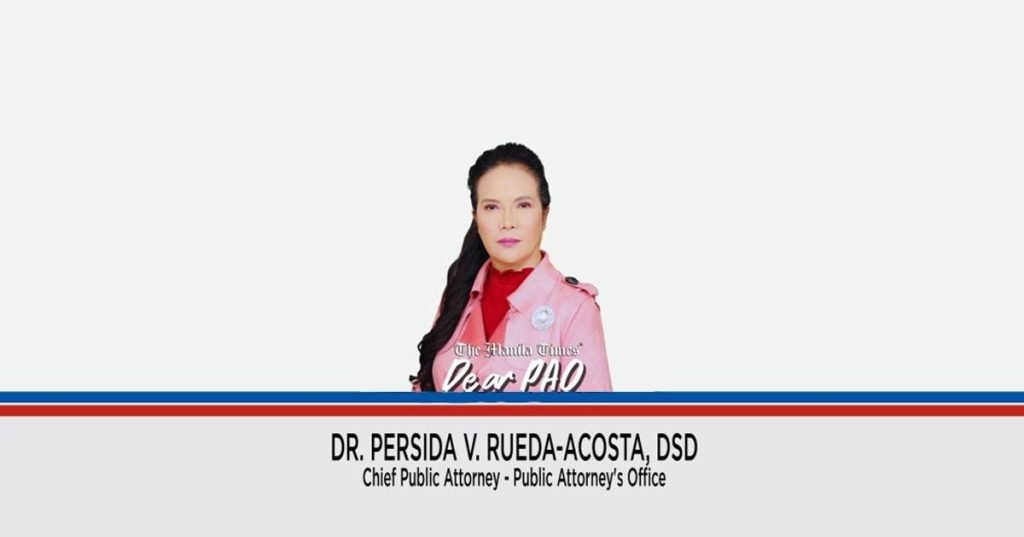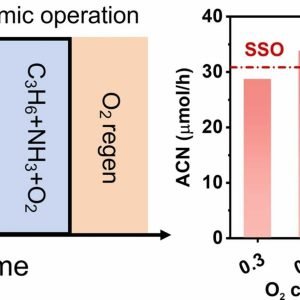
Dear PAO,
For several months, I noticed a discrepancy in our inventory and store sales. This prompted me to install a CCTV in my store. While reviewing the CCTV footage, I noticed one of my employees entering the store premises at night, taking several boxes from our supply section. Because of my dismay, I immediately talked to my employee and asked him for an explanation. I decided to terminate his employment, but I was informed by my neighbor that I could not simply terminate an employee. My neighbor told me that there is a procedure to follow when terminating an employee. Can you explain to me the procedure in terminating my employee?
Nigel
Dear Nigel
Your neighbor is correct in saying that you cannot simply terminate an employee without complying with the substantive and procedural due process requirements under the Labor Code.
“It is settled that for a dismissal to be valid, the rule is that the employer must comply with both substantive and procedural due process requirements. Substantive due process requires that the dismissal must be pursuant to either a just or an authorized cause under Articles 297, 298, or 299 (formerly Articles 282, 283, and 284) of the Labor Code. Procedural due process, on the other hand, mandates that the employer must observe the twin requirements of notice and hearing before a dismissal can be effected. Thus, to determine the validity of petitioner’s dismissal, there is a need to discuss whether there was indeed a just cause for his termination.” (Almogera, Jr. v. A & L Fishpond and Hatchery, Inc., GR 247428, Feb. 17, 2021, Ponente: Associate Justice Edgardo Delos Santos)
Relative thereto, Section 297 of the Labor Code provides that an employer may terminate an employee for “[s]erious misconduct or willful disobedience by the employee of the lawful orders of his employer or representative in connection with his work.” Thus, serious misconduct is one of the just causes for terminating an employee.
You mentioned in your letter that you caught your employee stealing from your supply section. The said act constitutes the crime of theft under the Article 308 of the Revised Penal Code. In the case of Reno Foods, Inc. v. Nagkakaisang Lakas ng Manggagawa – Katipunan (GR 164016, March 15, 2010, Ponente: Associate Justice Mariano Del Castillo), the Supreme Court stated that “theft of company property [is] a serious misconduct.” Hence, commission of the crime of theft amounts to serious misconduct, which gives you a ground to terminate your employee.
It also bears stressing that in the same case, the Supreme Court said that “a criminal conviction is not necessary to find just cause for employment termination.” Accordingly, you may terminate your employee on the ground of serious misconduct without the need to file a separate criminal action against the said employee.
The case of Verizon Communications Philippines v. Margin, GR 216599, Sept. 16, 2020, written by Associate Justice Mario Lopez, also discussed the procedural due process requirements of terminating an employee, to wit:
“Lest it be forgotten, to affect a valid dismissal on the ground of just cause, the employer is bound to observe procedural due process. Procedural due process consists of the twin requirements of notice and hearing. The employer must furnish the employee with two written notices before the termination of employment can be implemented: (1) the first apprises the employee of the particular acts or omission for which his dismissal is sought; and (2) the second informs the employee of employer’s decision to dismiss him.”
From the above, it is clear that for you to be compliant with the procedural due process requirements in terminating an employee, you must notify your employee of the specific causes or grounds for his termination and your employee must be allowed to submit his written explanation within a reasonable period. A reasonable period is at least five calendar days from receipt of notice. Furthermore, as an employer, you may conduct a hearing or conference and allow the concerned employee to explain his defense/s, present his evidence in support of it, and rebut the evidence presented by the management.
If after the investigation you determine that termination is justified, you must inform the employee of your decision to terminate his employment. This is the second notice required by procedural due process.
We hope that we were able to answer your queries. This advice is based solely on the facts you have narrated and our appreciation of the same. Our opinion may vary when other facts are changed or elaborated.
Editor’s note: Dear PAO is a daily column of the Public Attorney’s Office. Questions for Chief Acosta maybe sent to [email protected]







